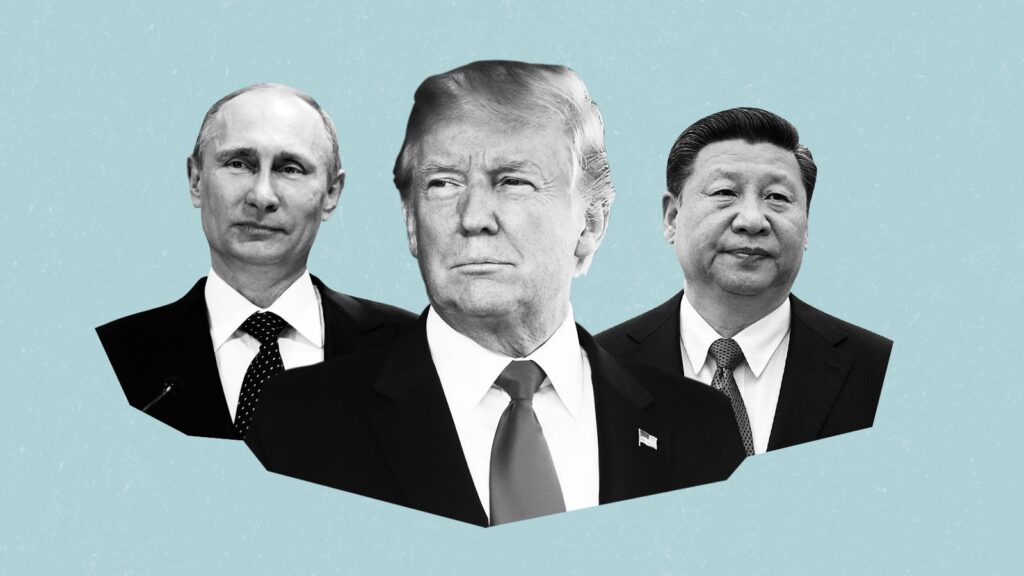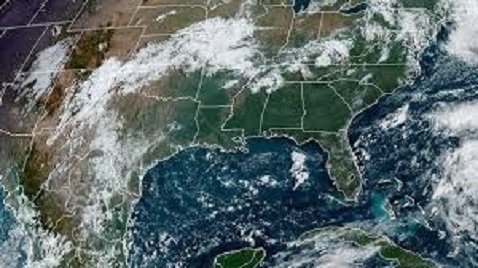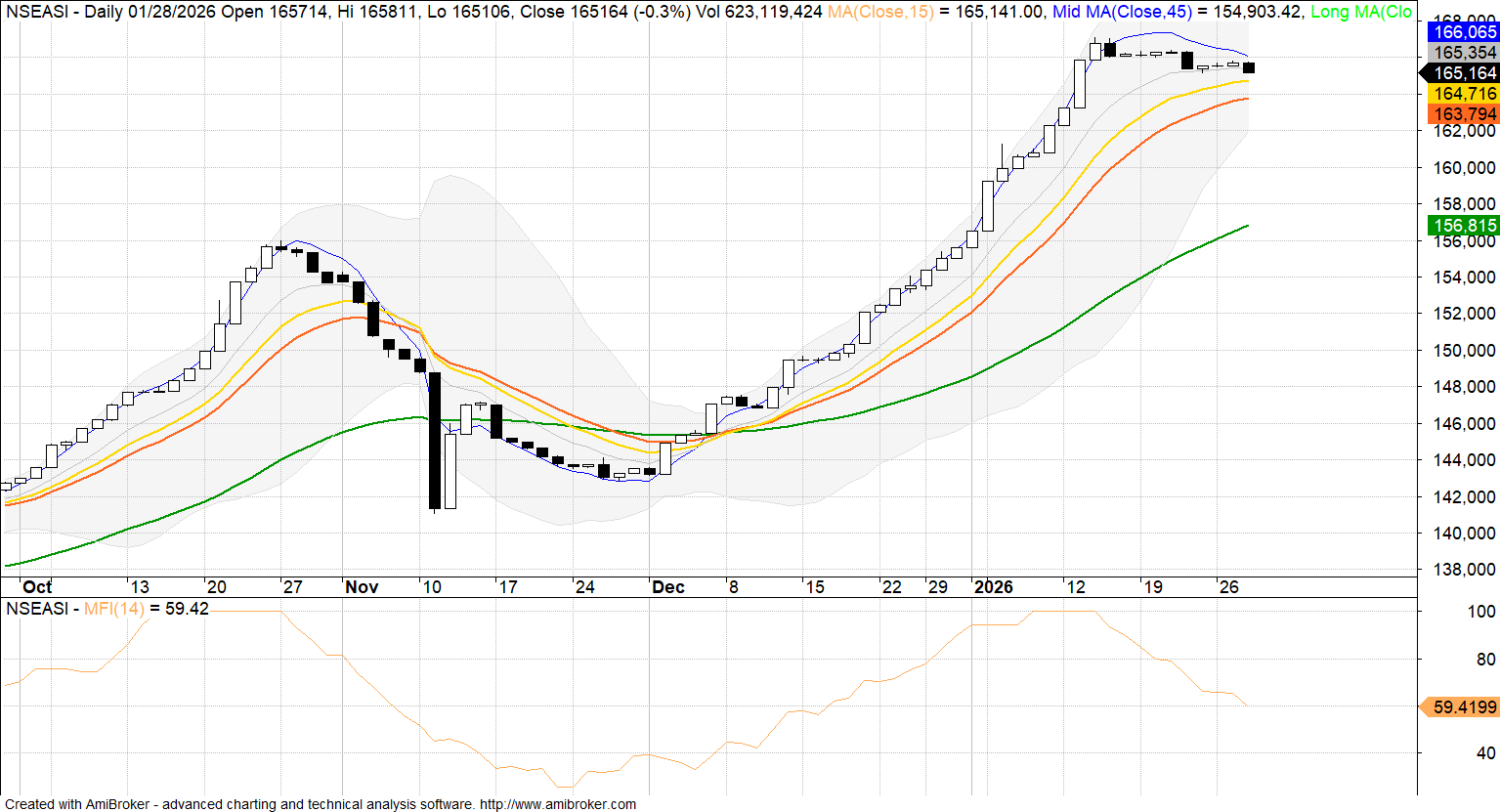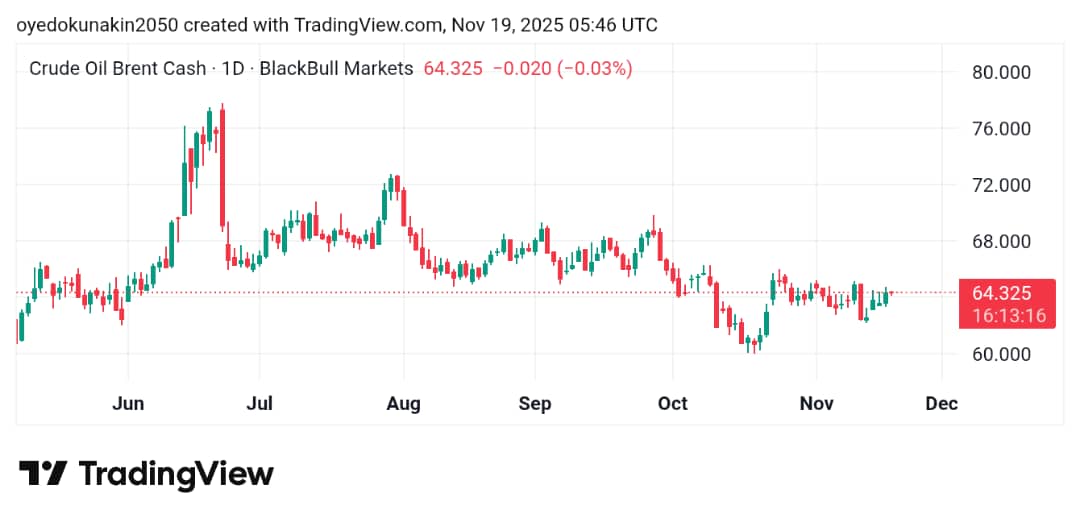
Akintunde Oyedokun
Research Analyst
Oil prices fell on Friday, with Brent crude down 1.5% to $65.85 per barrel and WTI losing 1.8% to $62.80, as traders awaited U.S. President Donald Trump’s meeting with Russian President Vladimir Putin in Alaska. Hopes of a Ukraine ceasefire pressured crude, while weak Chinese economic data and forecasts of a supply surplus weighed on demand outlook. For the week, WTI dropped 1.7% and Brent 1.1%.
China’s Factory Output and Retail Sales Hit Multi-Month Lows, Pressuring Policymakers
China’s economic momentum weakened in July as factory output slowed to 5.7% growth, the lowest in eight months, while retail sales rose just 3.7%, their weakest since December 2024. Both figures missed forecasts, underscoring fragile domestic demand and adding pressure on Beijing to roll out fresh stimulus amid property market weakness, global trade risks, and slowing investment.
U.S. Factory Output Stalls in July as Tariffs Weigh on Manufacturing
U.S. factory production was flat in July, signaling a slowdown in manufacturing amid rising costs from tariffs on steel, aluminum, and autos. The Federal Reserve reported no growth after June’s upwardly revised 0.3% increase, though output rose 1.4% year-on-year. Motor vehicle production slipped for a second month, while gains in electrical equipment and aerospace were offset by declines in metals and machinery. Overall industrial production fell 0.1%, with capacity utilization easing to 77.5%, below the long-term average.
South Africa to Release Preliminary Steel Tariff Review Findings
South Africa will publish preliminary findings of its steel tariff review next week, as the government moves to shield local producers from rising imports, especially from China. The review, launched by ITAC in March, follows industry complaints over cheap imports, weak demand, and rising costs. ITAC is assessing more than 600 tariff codes to determine if current duties provide sufficient protection or if broader safeguards are needed.
Nigeria’s Inflation Slows to 21.88% in July
Nigeria’s inflation rate dropped to 21.88% in July from 22.22% in June, the fourth monthly decline after last year’s rebasing that had pushed it above 34%. Food inflation, however, rose slightly to 22.74% from 21.97% in June, keeping household costs under pressure.
The Central Bank kept interest rates at 27.5% for the third time in a row, with Governor Olayemi Cardoso saying the focus is on keeping inflation under control. Analysts believe sustained price stability could support economic recovery in the coming months.












